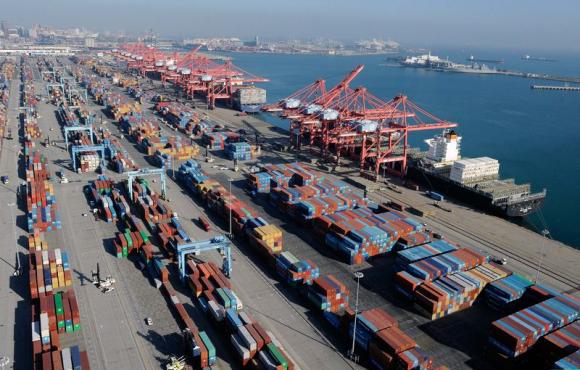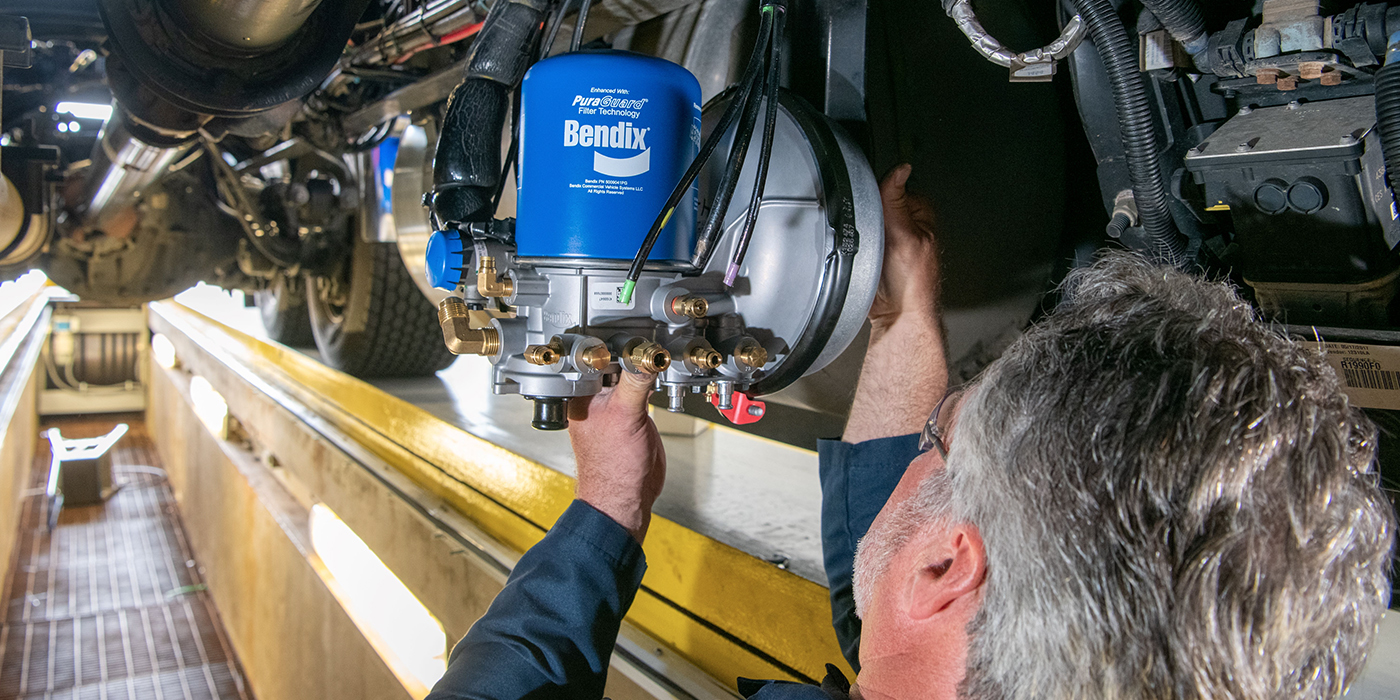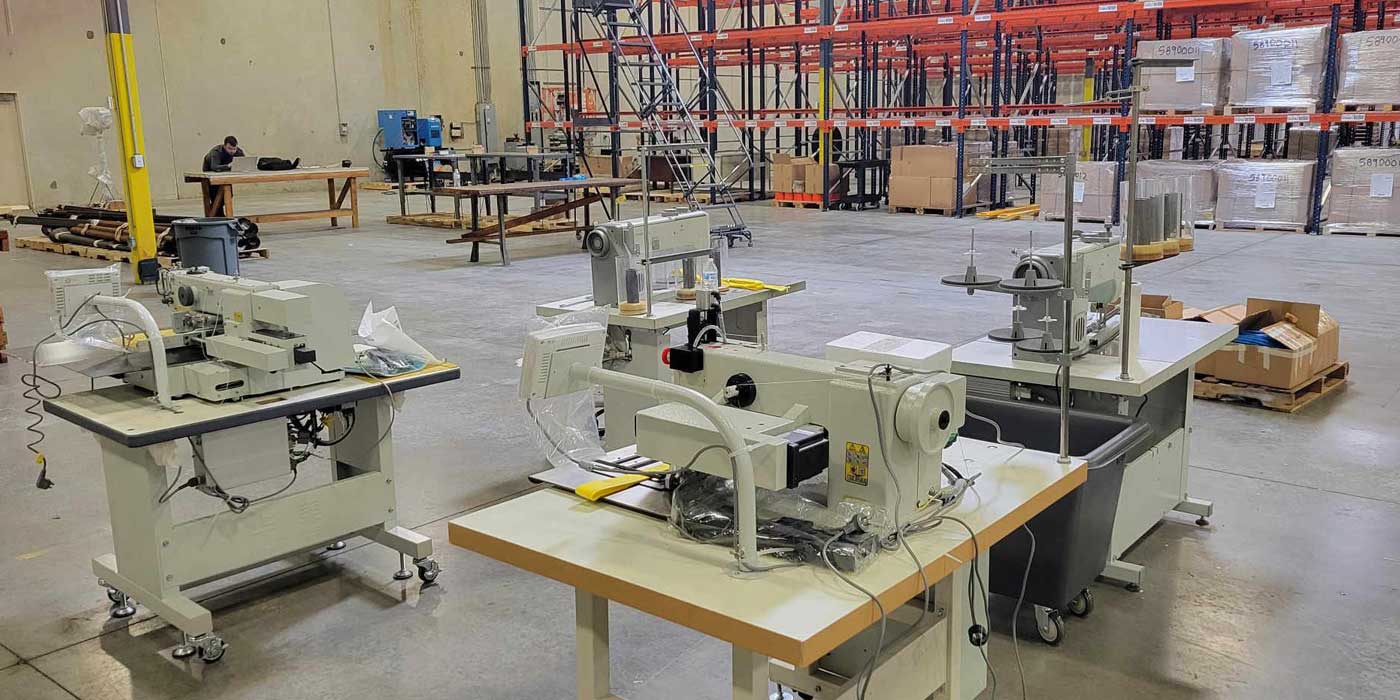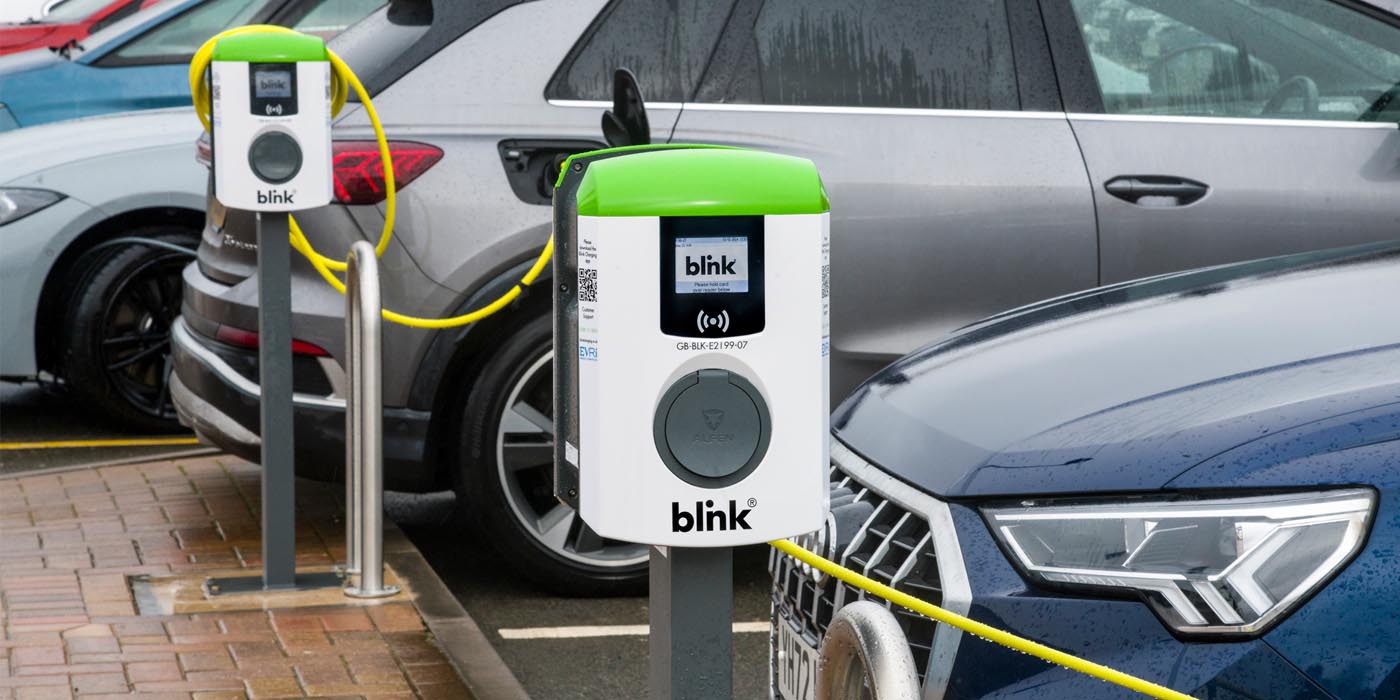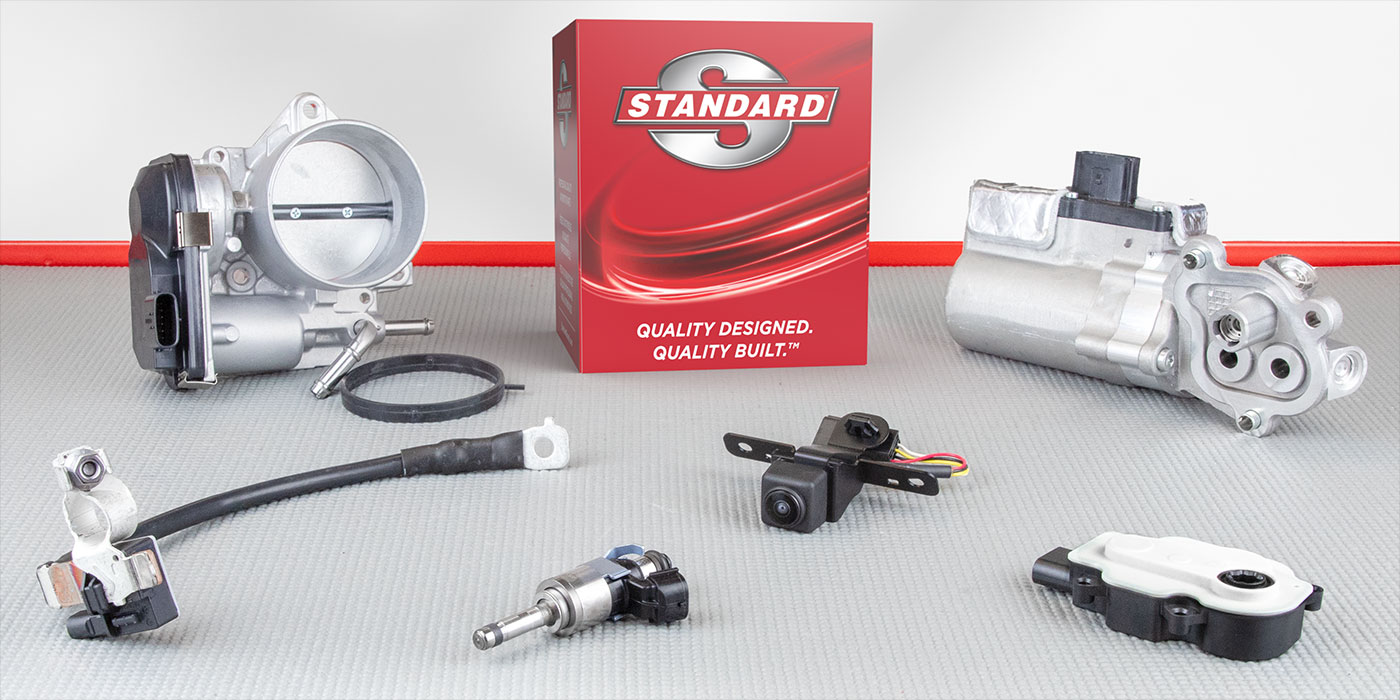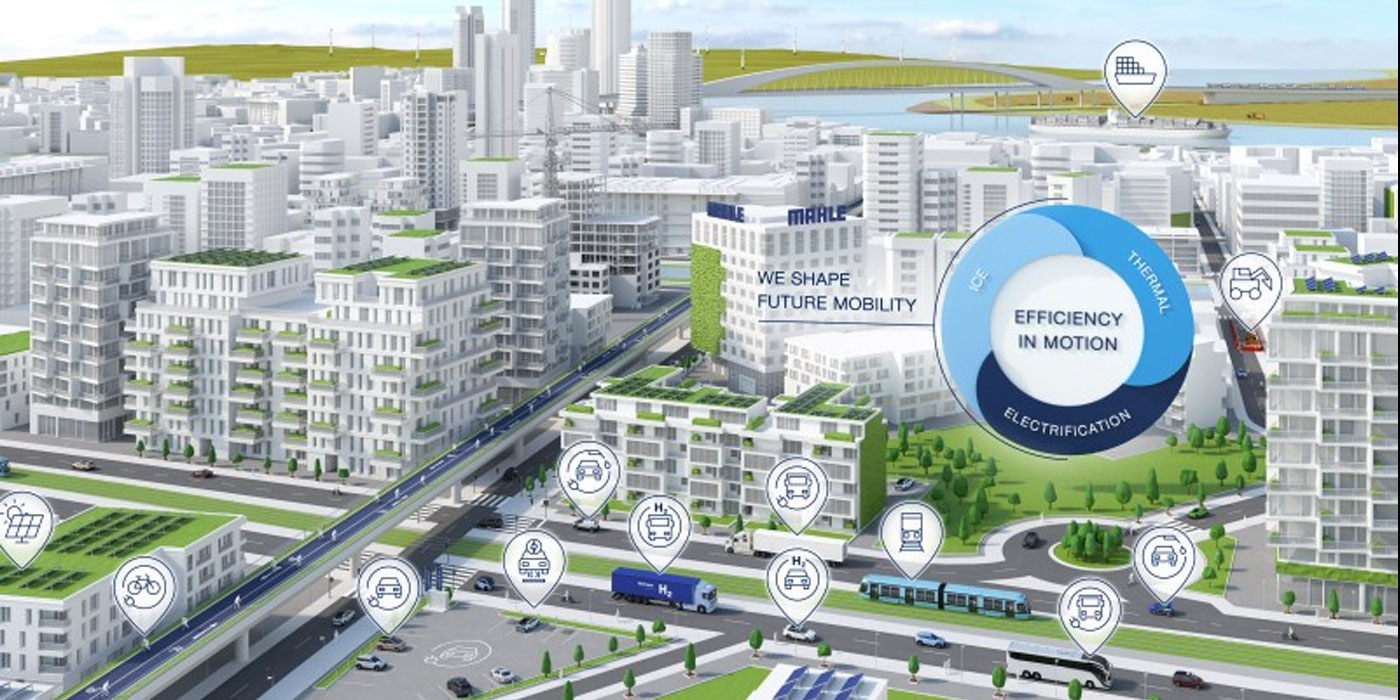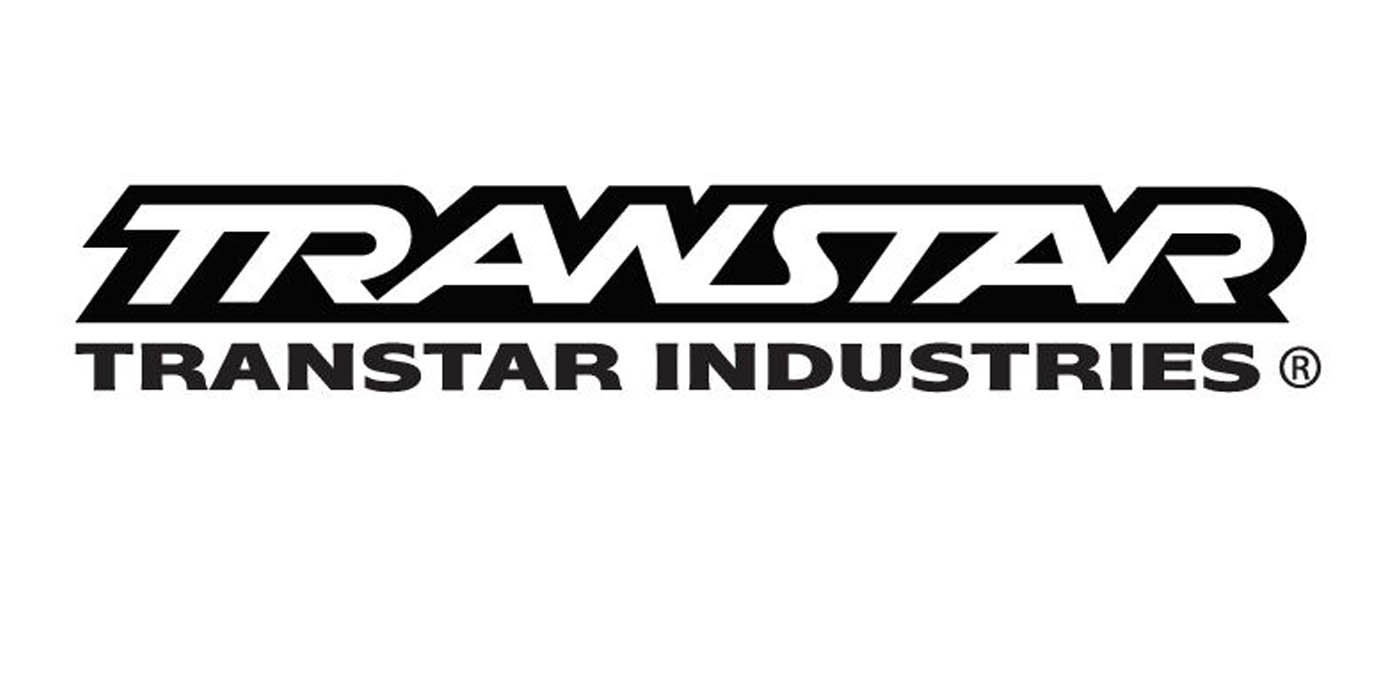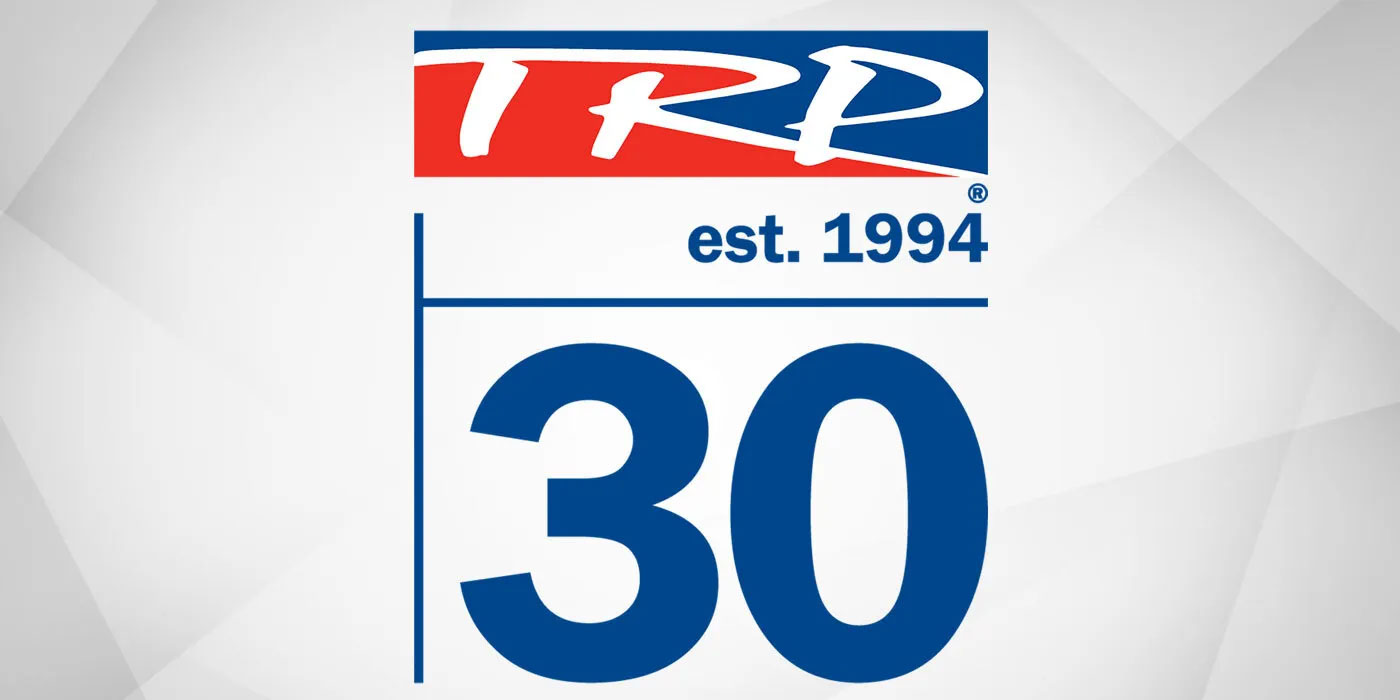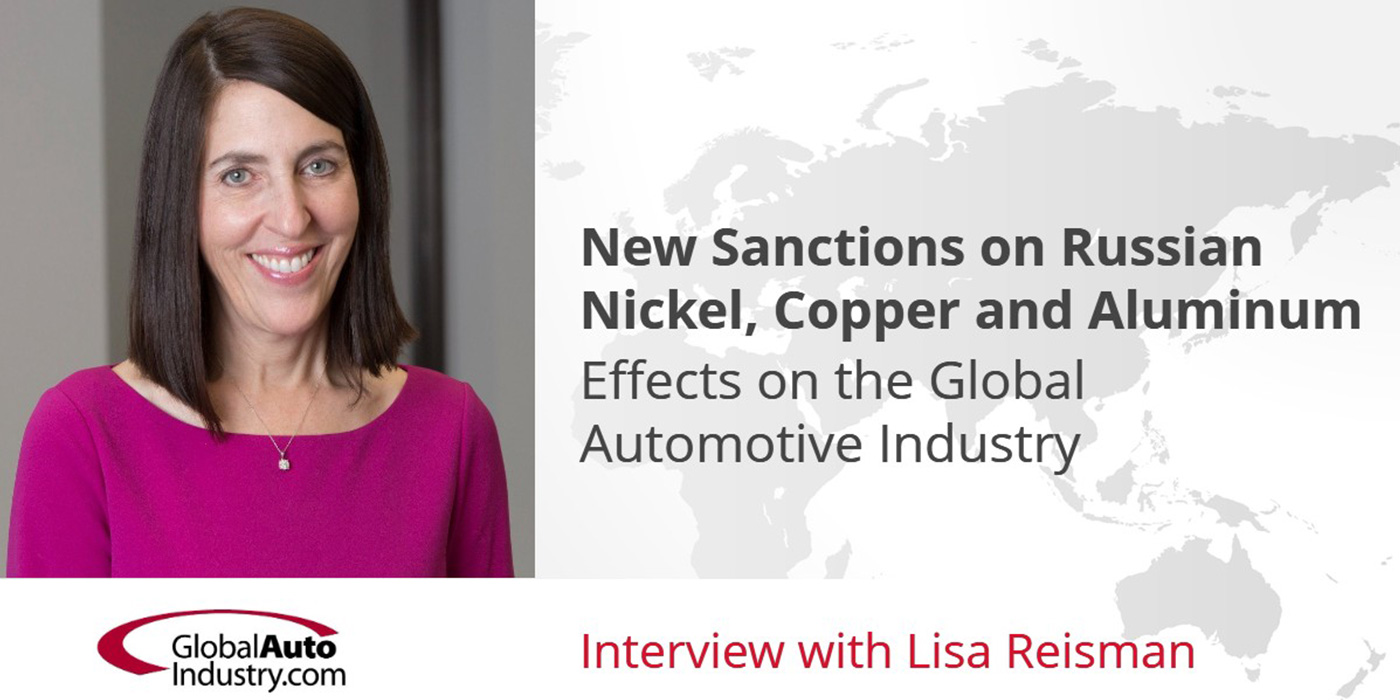From Bloomberg, MEMA Industry News
MEMA Industry News Editor’s Note: MEMA President and CEO Steve Handschuh spotlighted the West Coast port crisis on CNBC this week, highlighting the high costs of delays to suppliers and the impact on the U.S. economy and consumers as a result. MEMA’s message also was focused on helping to increase pressure on both parties to conclude negotiations and open the ports – click here to view the interview.
Members are urged to continue contacting U.S. senators and representatives to support a quick resolution to the port situation. You can find information to assist you at the MEMA Action Center here, or by contacting Tom Lehner of the MEMA Washington office.
A labor dispute at West Coast ports is dragging on industries from retail to manufacturing, creating a hurdle for the U.S. economic expansion.
The union representing about 20,000 members in 29 ports has been locked in contract negotiations since May. As the disagreement escalates, it’s slowing shipments at entry points including Los Angeles and Long Beach, historically the two biggest in the U.S. by container volume. It has also prompted President Barack Obama to send Labor Secretary Tom Perez to California to help broker a solution.
The backup is weighing on imports and exports, disrupting supply chains for companies from Honda Motor Co. to sportswear retailer Perry Ellis International Inc. While some companies can re-route their products through other entry points, the missed sales, lost wages and diminished productivity will be at least a short-term blow to the economy, and could make West Coast ports less attractive in the long run.
“In any given year the West Coast ports handle between 10 and 15 percent of GDP,” showing “their importance as a trade gateway,” said Matt Troy, executive director at Nomura Securities International Inc. in New York. He estimates the daily loss to the $17.7 trillion U.S. economy at $200 million to $400 million – and said effects are already becoming evident. “There is no clearer tell than that shippers are diverting freight away from the West Coast in order to get their products to market.”
Import Volume
West Coast import volume tumbled 33.4 percent in January, based on
Datamyne port data released Wednesday, while the Gulf Coast and Puerto
Rico saw a 12.2 percent volume increase and East Coast imports climbed
3.4 percent. Nationwide, import volume fell 16.6 percent, the biggest decline since 2009, according to data compiled by Bloomberg.
Trade data may also reflect the West Coast dispute. The U.S. trade deficit jumped 17.1 percent to $46.6 billion in December, the widest since November 2012, from a revised $39.8 billion in November, according to Commerce Department data released Feb. 5.
By skewing trade, the West Coast port slowdown “likely subtracted one full percentage point” from economic output for the fourth quarter, Joseph LaVorgna, chief U.S. economist at Deutsche Bank Securities Inc. in New York, said in a note to clients.
Diverting Shipments
Retailers are among those diverting shipments away from California and Seattle’s shores, said Jonathan Gold, vice president for supply chain and customs policy at the National Retail Federation in Washington.
“They look to shift cargo to East Coast, Gulf Coast, Canada, Mexico; they look to bring cargo in earlier than they usually would, and incur additional warehousing cost,” Gold said. “Retailers are doing everything they can to make sure that the products are there when the customer comes into the store, and that comes at a cost.”
Delayed shipments are mostly affecting consumer products, from household goods to light vehicles, Troy said.
Perry Ellis said Tuesday that the port situation has delayed incoming shipments of merchandise and left it unable to fill $23 million in sales orders in the fourth quarter.
Honda Production
Honda earlier this week began trimming production of Accords and Civics at three plants in the U.S. and Canada because delivery of parts from
Japan has been delayed, Kosuke Kachi, a spokesman, said in an interview. This week’s output will be cut by about 20,000 units, and the company hasn’t decided whether to resume full production next week.
While Honda adjusts production, Toyota Motor Corp. has taken to the skies, using air freight to keep its North American plants supplied with parts. The company says that the situation on the ground hasn’t affected its business.
“We have not seen a significant impact on our vehicle import/export operations,” said Mike Goss, a spokesman for Toyota’s North American manufacturing unit. “This remains a fluid situation and we are monitoring and adjusting as needed.”
A slowdown in auto production is weighing on factory output, which increased 0.2 percent in January, less than economists had forecast, data from the Federal Reserve showed on Feb. 18. Figures for the previous three months were revised lower. Factory production of motor vehicles and parts fell 0.6 percent after a 1.3 percent decline as auto assemblies slowed to an 11.76 million annualized rate from 11.93 million a month earlier.
Manufacturing Index
The Institute for Supply Management cited the port slowdown as a contributor to the decline in its manufacturing survey index last month to a one-year low. Employment fell and inventories climbed, according to data from the Tempe, Arizona-based group released Feb. 2.
“The West Coast dock slowdown continues to be a problem, negatively impacting both exports and imports as well as inventories,” based on the ISM release. Still, ISM chief executive officer Thomas Derry said companies are finding workarounds, which may be lessening the drag and will probably limit any bounce-back.
The fallout from the port dispute should be short-lived, said Jesse Hurwitz, U.S. economist at Barclays Capital Inc. in New York. What trade is delayed can be made up later — as long as it doesn’t involve perishable goods.
Shelf Life
“The short shelf life of chilled beef and pork makes timely delivery critical,” Barry Carpenter, president and chief executive officer of the North American Meat Institute, said in a Jan. 23 statement. “Our cold chain simply cannot sustain this backlog much longer and our employees should not be forced to experience the lost work days that may result if we must slow or stop production in some of our plants.”
In the Pacific Northwest, exporters of apples, hay, potatoes and forest products have complained of losing hundreds of millions of dollars in business.
“It’s devastating,” said Blaine Calaway, vice president of sales at Calaway Trading in Ellensburg, Washington. The hay exporter may see customers turn to suppliers in Canada and Australia, he said.
The situation is also costing businesses involved in transporting products from port to consumer.
It might take a minimum of three months for trucking companies to get things back on track once, and if, operations at the ports return to normal, Curtis Whalen, executive director of American Trucking Associations’ intermodal conference, said in a phone interview.
When shipments do resume at a normal rate, a surge of supply could temporarily lower prices for commodities that haven’t been moving.
Recycled Cardboard
“What I would expect is there’s going to be some concern about what’s going to happen when this temporary dispute gets resolved,” James Fish, chief financial officer of Houston-based Waste Management Inc., said in a telephone interview. Fish’s company has a 25,000-ton backlog of mainly cardboard and newsprint destined to be recycled in China sitting in warehouses as the ports snarl shipments. “What happens when you have this big influx of volume onto the marketplace?”
Outside of short-term impacts, consequences for the U.S. economy should be limited.
“It’s going to murky the waters a bit, and it certainly might add another variable for the Fed to consider on what to do with interest rates,” said Scott Anderson, chief economist at Bank of the West in San Francisco. “Longer term, I don’t see a huge economic impact – those things tend to balance out over time. In the near term it could affect some of the numbers and give us some false signals on the strength of the economy.”
Oakland’s Future
Regional consequences could be more lasting. For instance, the disruption could cause companies to permanently rethink their supply chains to avoid West Coast ports, Troy said.
That’s a concern for Oakland Mayor Libby Schaaf, who said in a phone interview that the city has produce rotting on its docks.
“We know from experience that often when shippers go to another port – even once the conflict is resolved – they do not come back,” she said. “The Port of Oakland supports 73,000 jobs just in this region. It’s not just important to the national economy, it is very important to our local economy.”
AMN Update: as of press time, media reports indicate that Secretary of Labor Thomas Perez gave the two sides until Friday to reach an agreement. If they don’t, they’ll have to leave California, and negotiate in Washington.

